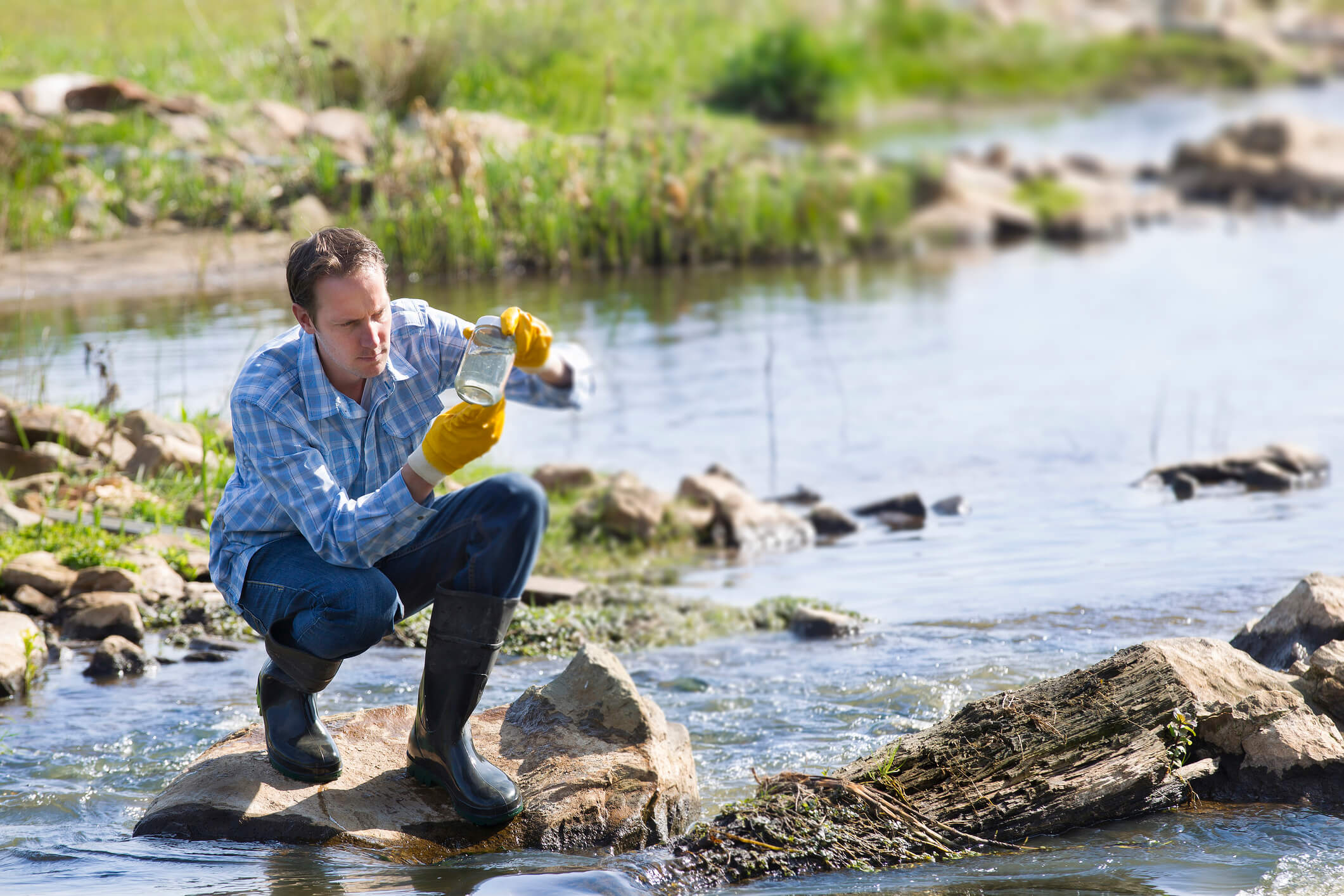Marine ecosystems and climate change
Overall Course Objectives
The course will introduce the students to the role that oceans play in global climate, how they are responding to climate change and their potential in mitigating climate change effects. The focus is on understanding the inter-connected effects of physical and chemical processes, changing environment and marine biota, and their feed-back mechanisms to the global climate. The course aims at giving the students insights into climate research and observation technology, while promoting an understanding of the complex issues of anthropogenic stressors, ecosystem services and societal costs of global change. The course provides students with the knowledge necessary to contribute to aspects of UN Sustainable Development Goals 13-Climate Action and 14-Life below water, such as the target 13.3 (Improve education, awareness-raising and human and institutional capacity on climate change mitigation, adaptation, impact reduction and early warning).
Learning Objectives
- Understand and describe the difference between natural and human-induced climate variability / change on different time scales (geological, decadal, annual).
- Describe the large-scale processes, such as carbon sequestration, marine heatwaves, ocean acidification and deoxygenation, and the oceans capacity to counteract anthropogenic climate change based on the functioning of ocean ecosystems.
- Classify and compare ecosystem effects of the climate change in different trophic levels of the marine food web, taking into account the variation in time and space.
- Explain the concept of tipping elements and their tipping points in the Earth system.
- Describe modern technologies for observing climate change in the ocean and list examples for its use in up-to-date climate research.
- Quantify the effects of climate change on ecosystem services and its costs for societies.
- Describe and discuss current geoengineering proposals in light of their sustainability, feasibility, benefits and drawbacks.
- Synthesize, compare and interpret literature on different aspects of climate change including most recent reports from the IPCC.
- Organize, present and communicate arguments related to complex climate issues aimed at a board cross-section of society and stakeholders.
Course Content
We will start from the physical processes regulating the climate and their variability from geological to annual time scales. Next, we will introduce how ocean biogeochemistry regulates climate and is being altered in modern times, how the ecosystem and food web are effected by increasing temperature and partial pressure of CO2, and how these effects influence the major ecosystem services (e.g. carbon sequestration) provided by the ocean. Finally, we will introduce the students to the available technology for observing and predicting the effects of climate change, and to the societal efforts and costs for mitigating its effects. The course will consist of lectures and exercises highlighting the mechanisms and interactions between climate and ocean ecosystems and guest lectures focusing on up-to-date climate research. The course will draw on multiple examples related to sustainable development goals, particularly with regards #14 (Life below water), and #13 (Climate action). The course includes a student debate on climate issues, weekly climate updates and a focus on communicating climate change to a broad audience.
Teaching Method
Lectures, exercises and group work.
Faculty
Limited number of seats
Minimum: 5.
Please be aware that this course will only be held if the required minimum number of participants is met. You will be informed 8 days before the start of the course, whether the course will be held.




